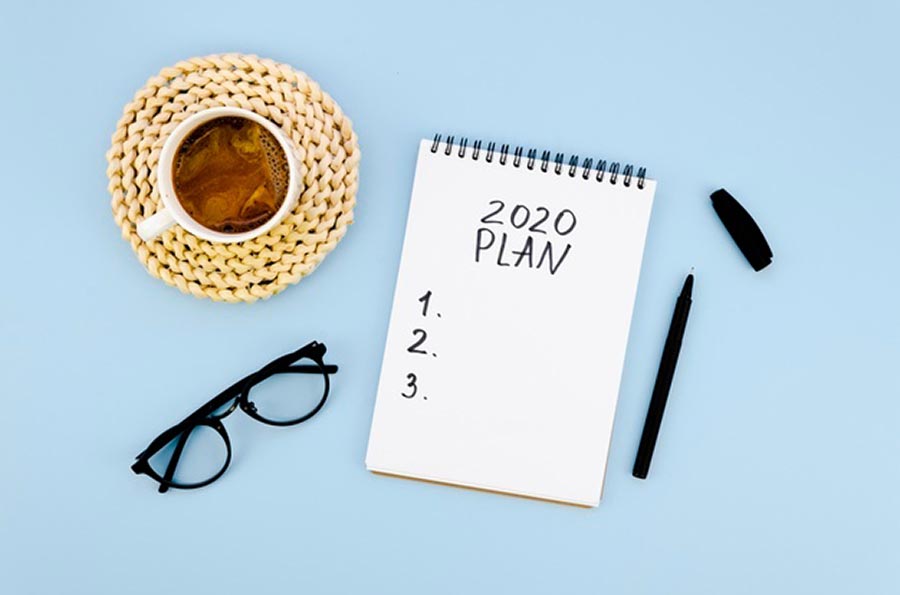~ by Jennifer Christensen
Feeling great in 2020 is about listening to how your body feels and creating new habits that will serve you every day.
The New Years Eve party hats are barely stowed when we are inundated with advertising for diet programs and packaged meal plans. “Overindulged during the holiday season? Lose those unsightly pounds!” While a quick-fix solution might sound appealing when you can’t button your trousers, it’s not always the healthiest solution in the long run.
During the holiday season, we can get off balance with more events, more party food (and drink) and less sleep. The Osborn’s Registered Dietician Pippa Purdy urges us to savor these opportunities with family and friends, creating happy memories instead of spending time in self-recrimination.
“Look at the beginning of a new year, or in this case a new decade, as a time to reflect on unhealthy habits and consider ways to make healthier choices part of your lifestyle.”
THE ROLE OF FOOD
Food represents so many things to people – especially around the holidays where traditional recipes and family gatherings are the hallmark of the season. “An occasional slip up is not going to have a long-term impact,” said Purdy. “It is consistent, day-to-day behavior that is the largest determinant of your long-term health.”
She notes that people with risk factors for heart disease, diabetes or other chronic conditions should follow their physician’s guidelines for dietary modifications – limiting fats, sodium, sugar – to control chronic underlying conditions.
Ms. Purdy cautions against labeling food choices as ‘good’ or ‘bad.’ “Chronic dieters can be hard on themselves. It is fundamentally unhealthy to tie one’s self-worth to what one eats. It may be that there is an unhealthy relationship with food, but that doesn’t make you a bad person.”
MOVING FORWARD
Of course the other aspect of a healthy, balanced lifestyle is regular physical activity. Much like the heavily marketed January diet plans, gyms and exercise studios sign up a lot of customers after the holidays. Predictably, most people stop going after a few sessions.
“There are many ways to be physically active – even in the winter months,” said Purdy. “The important piece is to find one or two activities you like, tap a partner to join you if that’s more fun, and make the activity a habit.”
“Cardiovascular activity releases endorphins which help you feel calm and happier. The impact is cumulative; you can do small sessions multiple times a day for the same effect as a long stint,” she added.
Embrace the New Year as a wonderful opportunity to push your reset button. Reflect on the choices you make and identify small, incremental changes that can become habits that support your sense of well being. “How you actually feel is the best indicator of whether your choices – both in food and activity – are working to your advantage.”
Have a Happy New Year!
The information in the above article is not intended nor implied to be a substitute for professional medical advice, diagnosis, or treatment. Always seek the advice of your physician or other qualified health provider with any questions you may have regarding a medical condition.
